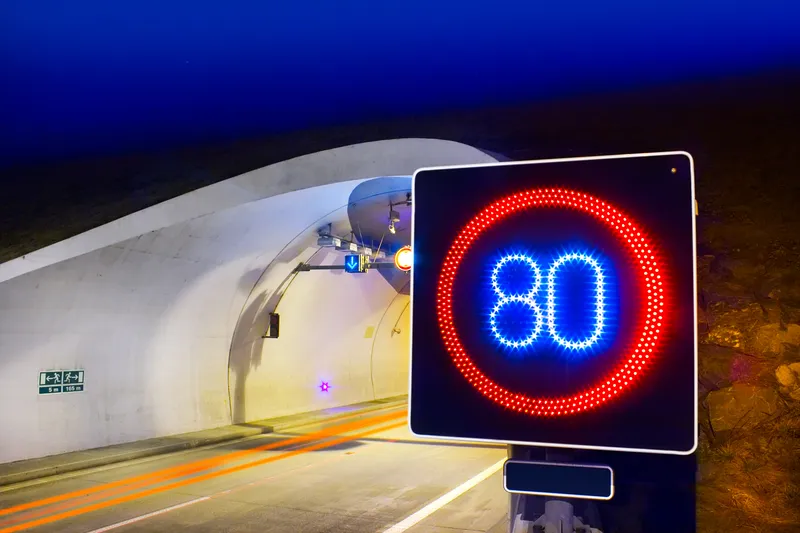
Yunex Traffic has installed 101 roadside units (RSUs) on selected motorway sections in the Czech Republic as part of a C-ITS (cooperative ITS) project.
The project was funded by the European Connecting Europe Facility (CEF), with Yunex participating as a partner to the system integrator, Spel, which is delivering the complete solution for the Czech Directorate of Roads and Motorways (ŘSD ČR).
It is part of the broader C-Roads Platform, in which the Czech Republic has actively participated in since 2015. The project is coordinated by the Ministry of Transport of the Czech Republic, working with ŘSD ČR and other partners to develop a unified European standard for C-ITS services.
The system is currently being implemented on major highways such as the D0, D1, D2, D5, D8, D10, and D11, and is being expanded into some cities. Central communication management is provided by ŘSD ČR.
“Thanks to our technologies, transportation in the Czech Republic will not only become more modern but also safer," said Martin Němec, MD of Yunex Traffic Czech Republic. "I believe this installation will demonstrate the enormous potential of C-ITS in practice and lay the groundwork for further development of smart mobility.”
Alerts about collisions, bad weather or emergency vehicles are displayed in real time to vehicles' infotainment systems to warn drivers.
Yunex prepared the implementation study and delivered, configured and tested the RSUs, which enable wireless data exchange between transport infrastructure and vehicles using the standardised ITS-G5 communication protocol and modern 5G networks.
“It’s a system that fundamentally changes how we perceive transportation. Instead of reactive driving, we are gaining a tool for predictive and safer mobility,” adds Němec.








